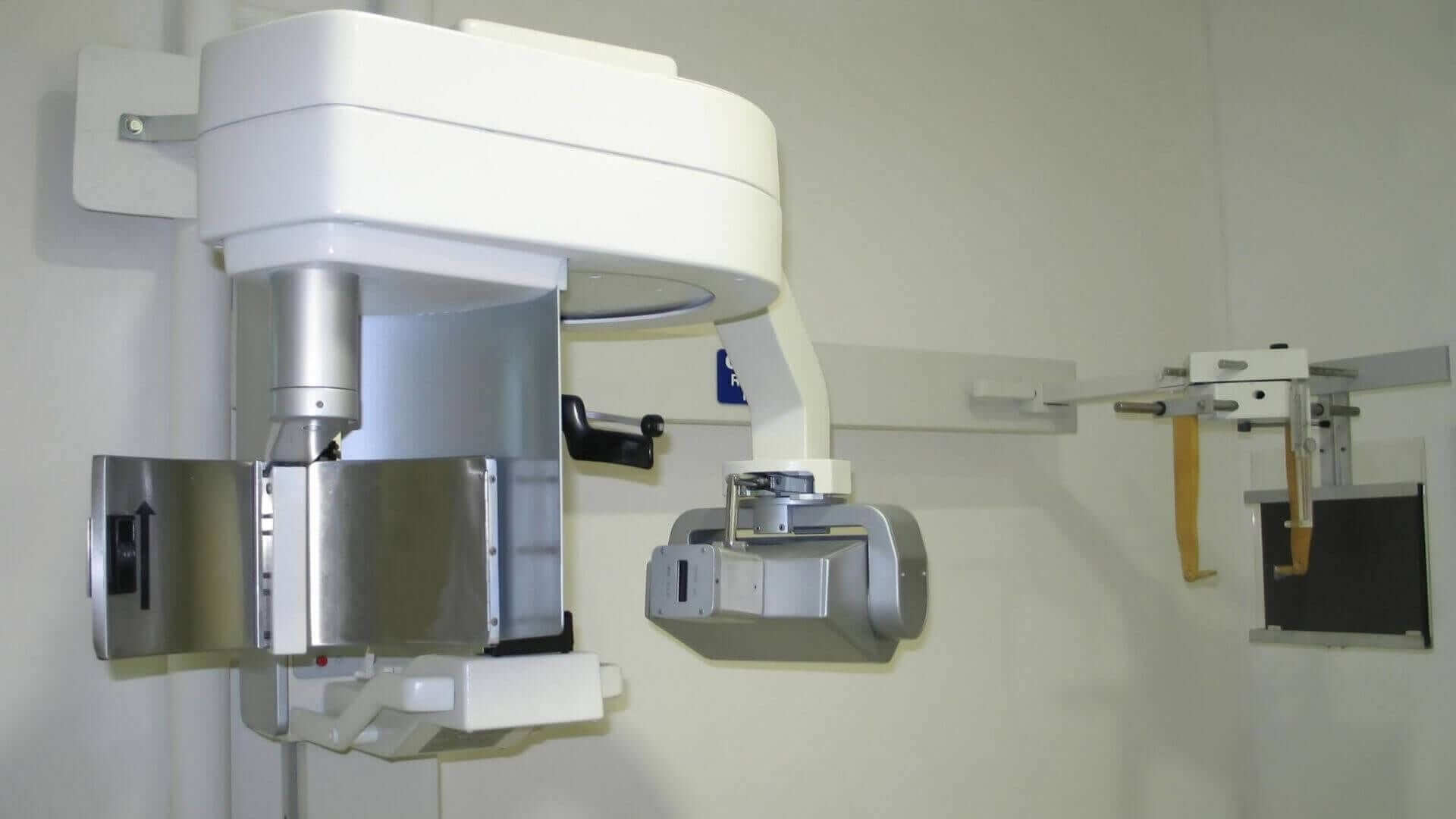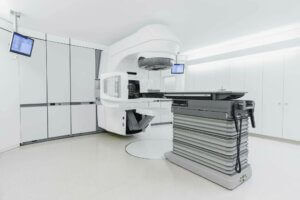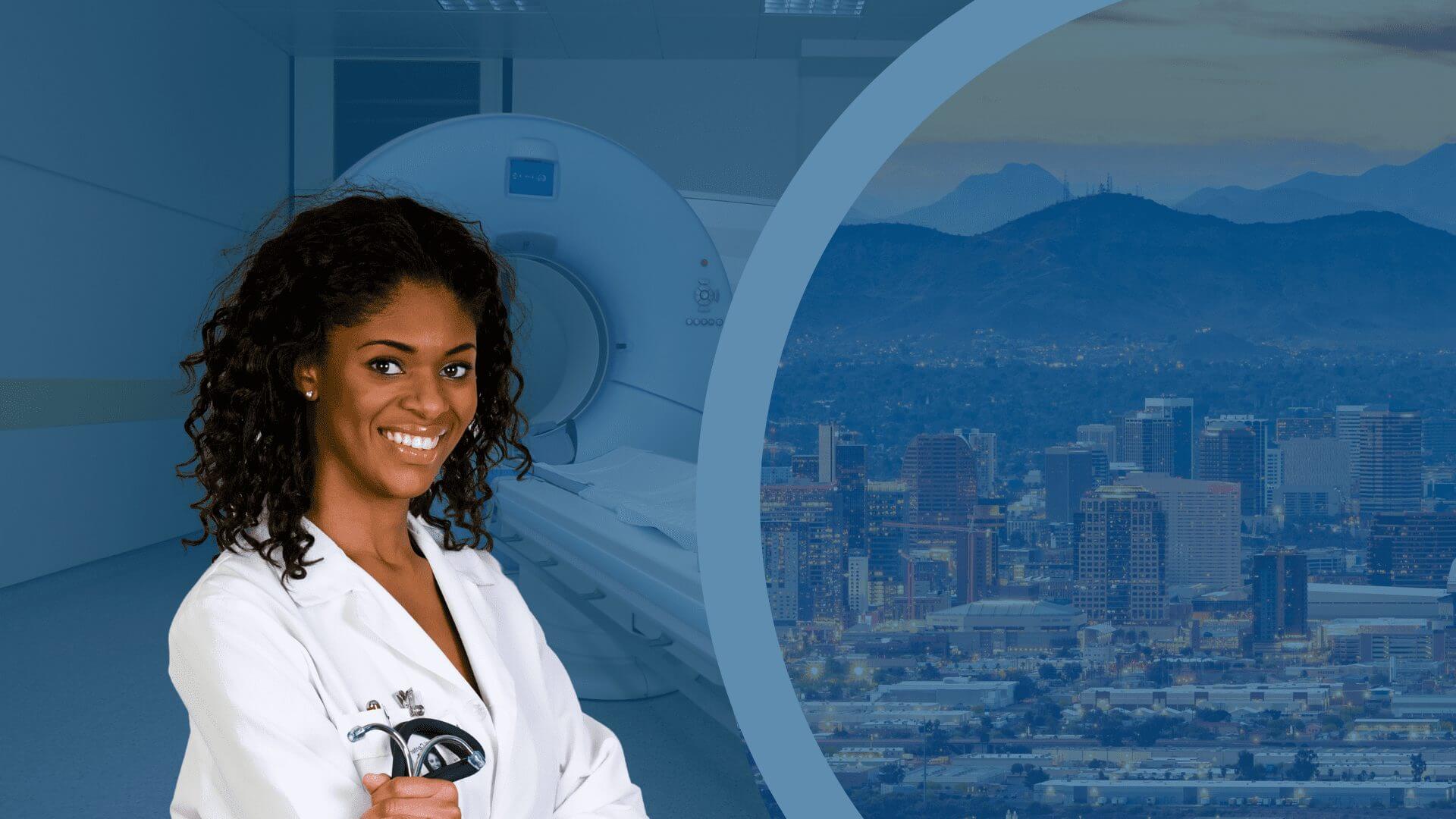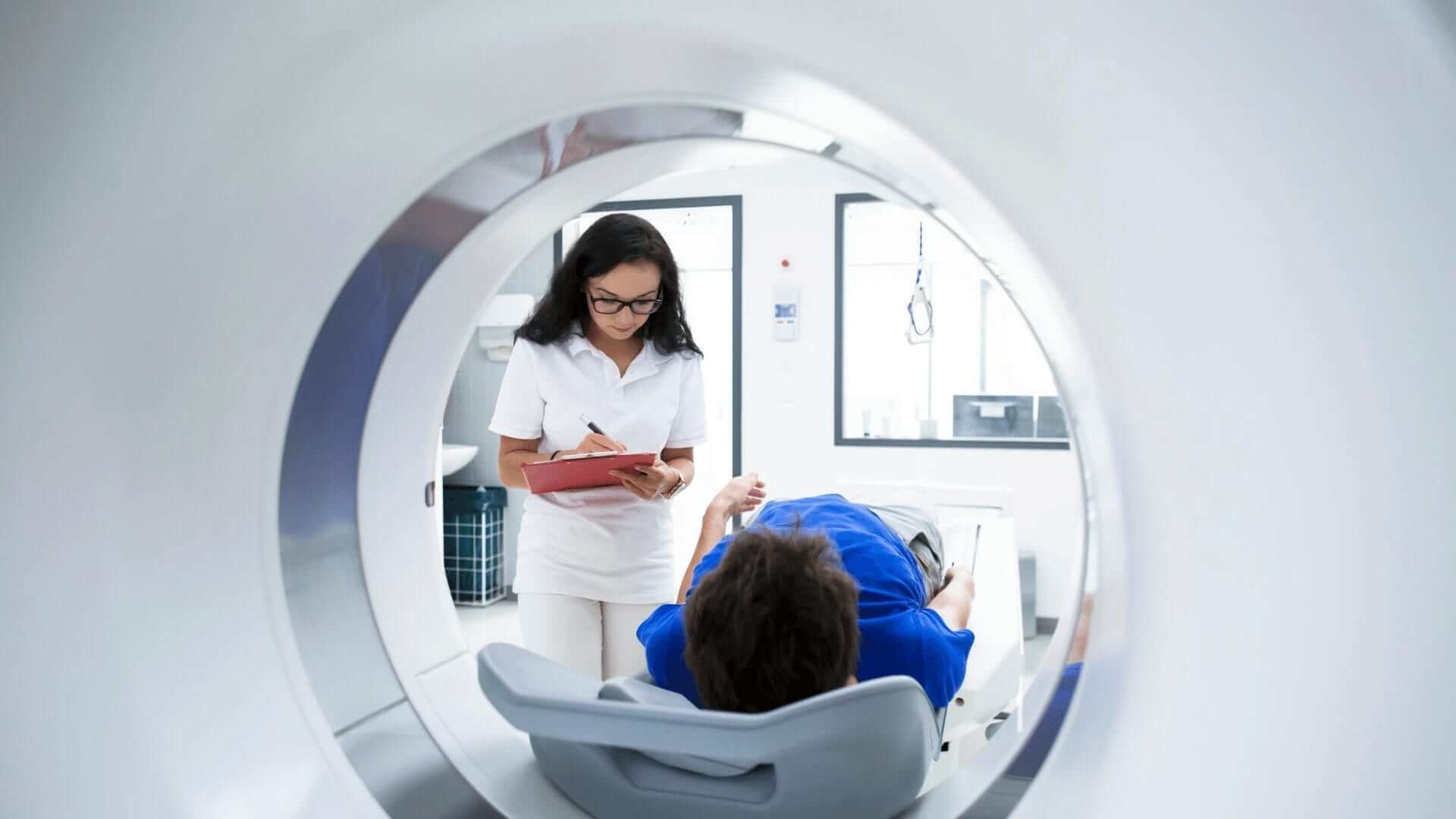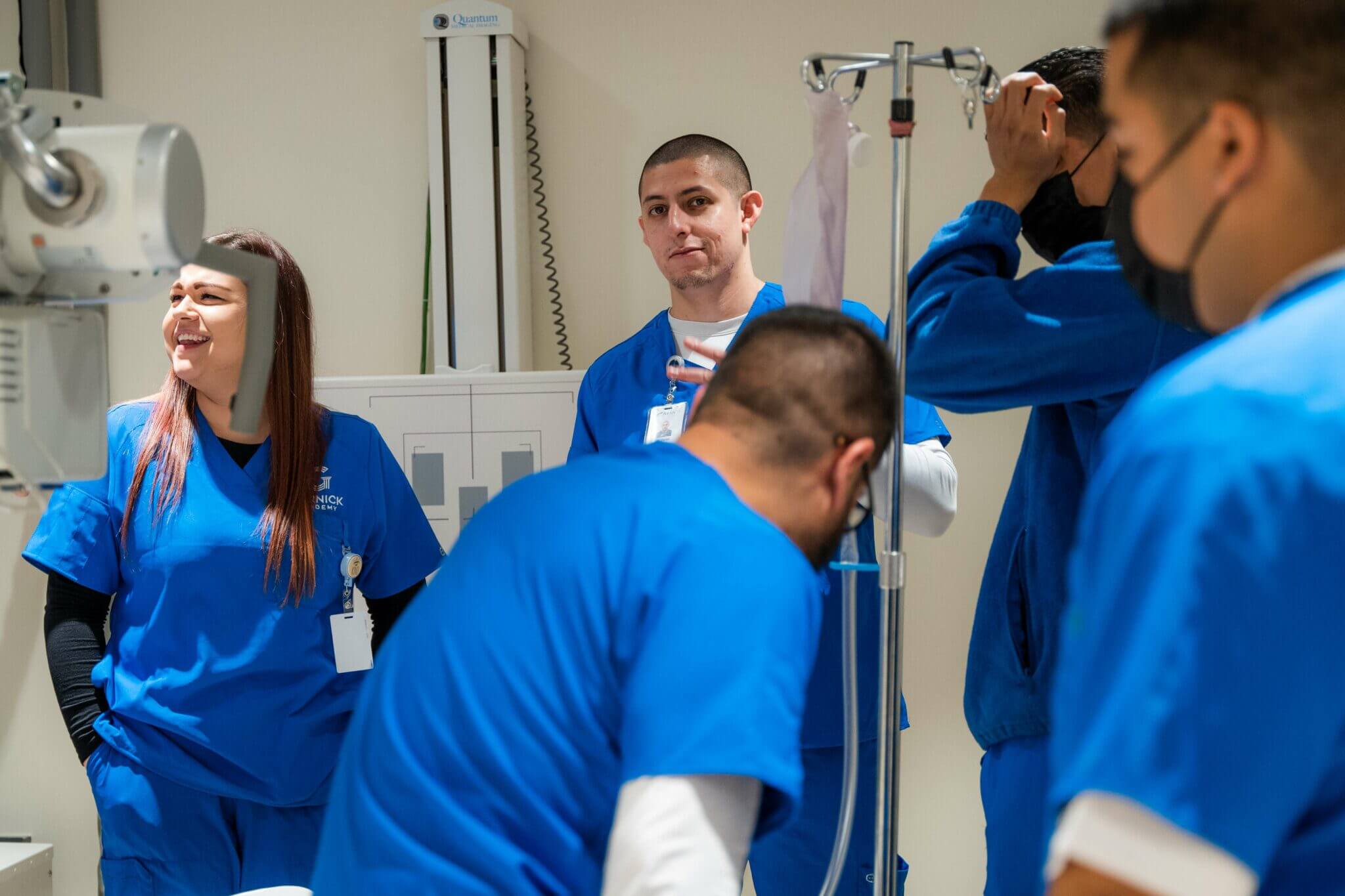Good Candidates For a Radiologic Technology Training Program
Date: August 11, 2022
If you are considering attending a radiologic technology program, this route may be one of your best decisions. Radiologic training prepares one for work within a rewarding and demanding field with doctors, healthcare teams, and patients.
According to a recent article by General Electric, reasons cited for going into the field include that these professionals “help provide innovative and better healthcare.” The article further states, “Radiology is expected to grow,1 additionally it offers healthy wages without advanced degrees,2 as well as opportunities to specialize.” Lastly, the article summarizes, “A career as a radiology technologist is gratifying.”3
Required Skill Sets
Job experts tell us some skill sets are better suited to the profession than others. It’s wise to consider this role using your strengths and weaknesses. The following are some skills needed for success within radiologic training. Qualified radiologic technology training candidates generally possess skills in communication, physical strength, and observation. According to O*NET’s Online Details Report for Radiologic Technologists and Technicians, other skills needed for the profession include the following:
Other Needed Skills
- Active Listening—Be able to give full attention to what others are saying. This includes understanding the points and asking appropriate questions while not interrupting when inappropriate.
- Speaking—Be comfortable talking to others while conveying information effectively.
- Reading Comprehension—Understanding the written sentences and paragraphs within work-related documents.
- Critical Thinking—Be comfortable using logic and reasoning to identify the strengths and weaknesses of alternative solutions, conclusions, and approaches to challenges.
- Social Perceptiveness—Awareness of others’ reactions and accurately comprehending some of the reasons they react as they do.
- Monitoring—Able to monitor/assess the performance of yourself, other individuals, or organizations and make improvements or take corrective action.
- Operation and Control—Capable of controlling operations of equipment and systems.
- Writing—Write as appropriate for the needs of the audience.
- Judgment and Decision-Making—Consider potential actions’ relative costs and benefits and choose the most appropriate response.
- Operations Monitoring—Watch gauges, dials, and other indicators to ensure a machine is working correctly.4
Working Within the Field
Additionally, working within the field requires sensitivity to patients’ physical and psychological needs, thoughtful attention to detail, and the ability to follow instructions. Radiologic training also prepares one to operate complicated equipment requiring mechanical aptitude and manual dexterity.
After completing a Radiologic Training program, you may decide to specialize. This field has no end of opportunities to explore, expand, and find your niche. Many professionals become educated and credentialed in more than one type of diagnostic imaging technology. To improve and broaden your opportunities, consider completing further radiography, sonography, and nuclear medicine training.
Are You a Good Candidate?
Upon reading this, do you think you may be a good candidate for a radiologic training program? If so, contact us today. ~
Citations
1 Bureau of Statistics, U.S. Department of Labor, Occupational Outlook Handbook, Radiologic, and MRI Technologists. (Accessed Feb. 11, 2022.)
2 Bureau of Statistics, U.S. Department of Labor, Occupational Employment Statistics, Occupational Employment and Wages, May 2017, 29–2034 Radiologic Technologists. (Accessed Feb. 11, 2022.)
3 “Five Reasons to Become a Radiology Technologist.” GE, General Electric. Apr. 16, 2019. (Accessed Feb. 11, 2022.)
4 “29-2034.00–Radiologic Technologists and Technicians.” O*NET OnLine, National Center for O*NET Development. (Accessed Feb. 11, 2022.)

